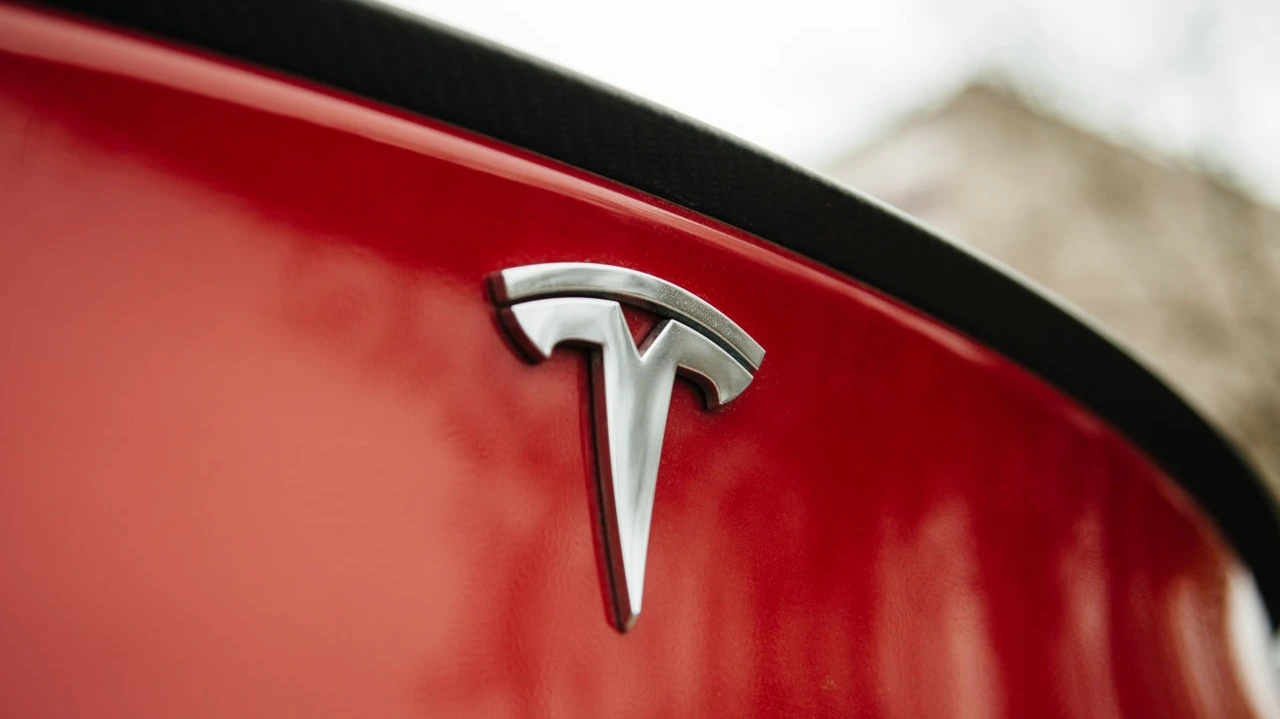Tesla's share in the U.S. has fallen to an eight-year low. What undermined the leadership?
Tesla's electric car sales were up only 3% in August, while the overall market added 14%

In August, Tesla showed the weakest result in the U.S. electric car market for the last eight years: its sales grew slower than its competitors, and the company lost ground to rivals with a fresher model lineup and generous discounts. The shrinking presence in the segment coincided with a drop in quotations and signaled that Elon Musk's bet on robotaxis and robots does not yet compensate for the lack of affordable new products.
Details
Tesla's market share in the U.S. fell to its lowest level in nearly eight years in August as buyers opted for rival electric cars instead of Elon Musk's aging lineup, Reuters reported, citing data from research firm Cox Automotive.
Tesla, which previously held more than 80% of the U.S. market, accounted for just 38% of all electric vehicles sold in the U.S. in August. Its share fell below 40% for the first time since October 2017, Cox Automotive notes. Back then, the company was just ramping up production of the Model 3, its first mass-market vehicle.
Tesla shares were down 0.5% in trading on Sept. 8, and are down 13.6% since the beginning of the year.
Why Tesla is losing ground in the market
Tesla's shrinking market share in the U.S. underscores the threat from automakers that are stepping up incentives for electric car buyers during a difficult period for the industry. Analysts predict that demand for electric cars in the U.S. will grow until the end of September, but sales will start to decline after the end of federal tax credits, which will increase financial pressure on Tesla and other manufacturers, the agency writes.
While Tesla's competitors are rolling out new models, it has focused on developing robotaxis and humanoid robots, delaying the creation of more affordable electric cars. Tesla's last new model was the Cybertruck pickup truck, released in 2023, but it hasn't replicated the success of the Model 3 sedan or Model Y crossover. The updated Model Y, once the world's best-selling car, has also failed to live up to expectations, and Tesla is heading for a second consecutive year of declining sales, Reuters notes.
"They are positioning themselves as a robotics and AI company. But if you're an automaker and you don't have new models, your share will start to decline," Cox director of industry analytics Stephanie Valdes Streeti told Reuters.
Tesla's market share fell to 42% from 48.7% in June, according to Cox data for July. That was the sharpest drop since March 2021, the period when Ford brought the Mustang Mach-E electric car to market, according to a Reuters analysis.
Sales of new electric vehicles in the U.S. rose more than 24% in July from the previous month to 128,268, according to Cox. The growth was driven by the imminent expiration of the $7500 tax credit for electric vehicles and attractive offers. Tesla sales, meanwhile, rose 7% to 53,816 vehicles, although its market share declined, Reuters writes.
July data showed that competitors are growing faster than Tesla. Hyundai, Honda, Kia and Toyota offered buyers more generous incentives than Tesla and increased electric car sales by 60-120%, strengthening their positions, Reuters noted.
"These traditional automakers benefit from a sense of urgency and can make attractive offers - and it's working. I think that dynamic will continue into September," Streeti said.
In August, sales of Tesla electric cars increased only 3.1 percent, while the overall market added 14 percent, according to preliminary data.
Context
In addition to stiff competition, Musk's political activities and his association with US President Donald Trump have affected the Tesla brand. Musk helped Trump this year in cutting US government spending, but left the administration in May and parted ways with the Republican president.
Last week, Tesla's board of directors offered Musk an unprecedented $1 trillion compensation package tied to, among other metrics, growing Tesla's value to $8.5 trillion over the next decade. To meet the targets, Musk will have to reverse the decline in Tesla's stock, which has fallen dramatically in value through 2025.
This article was AI-translated and verified by a human editor
